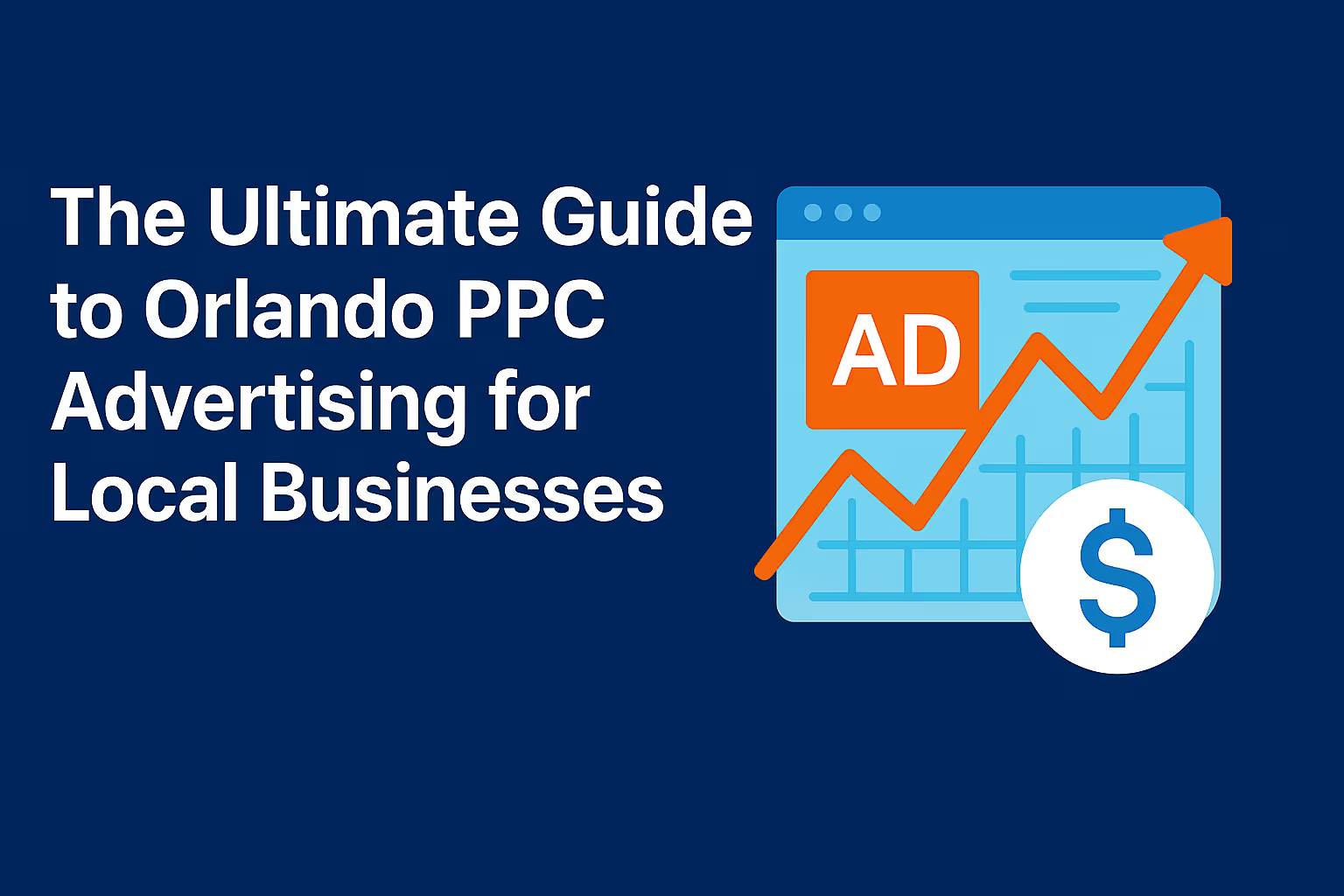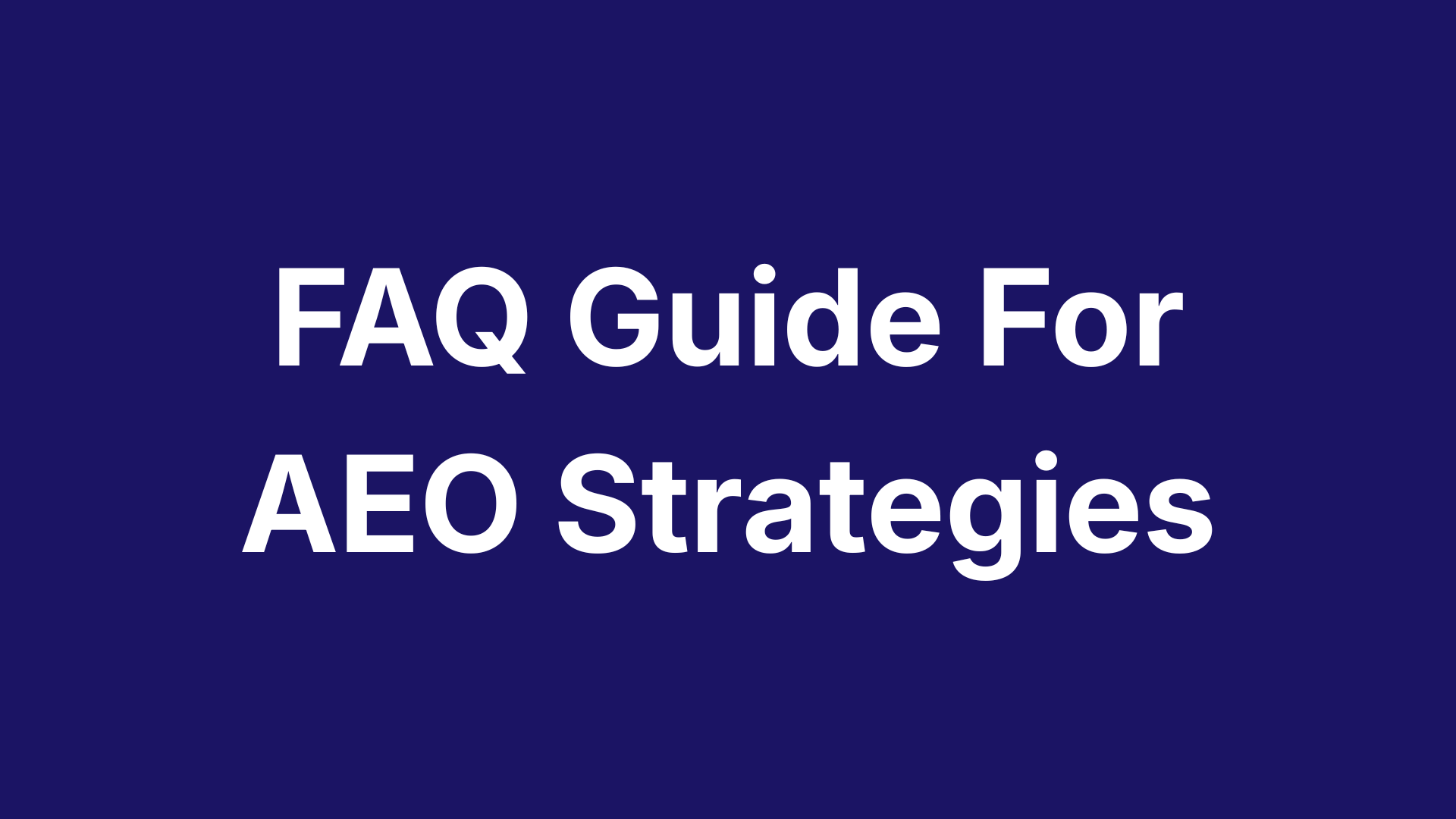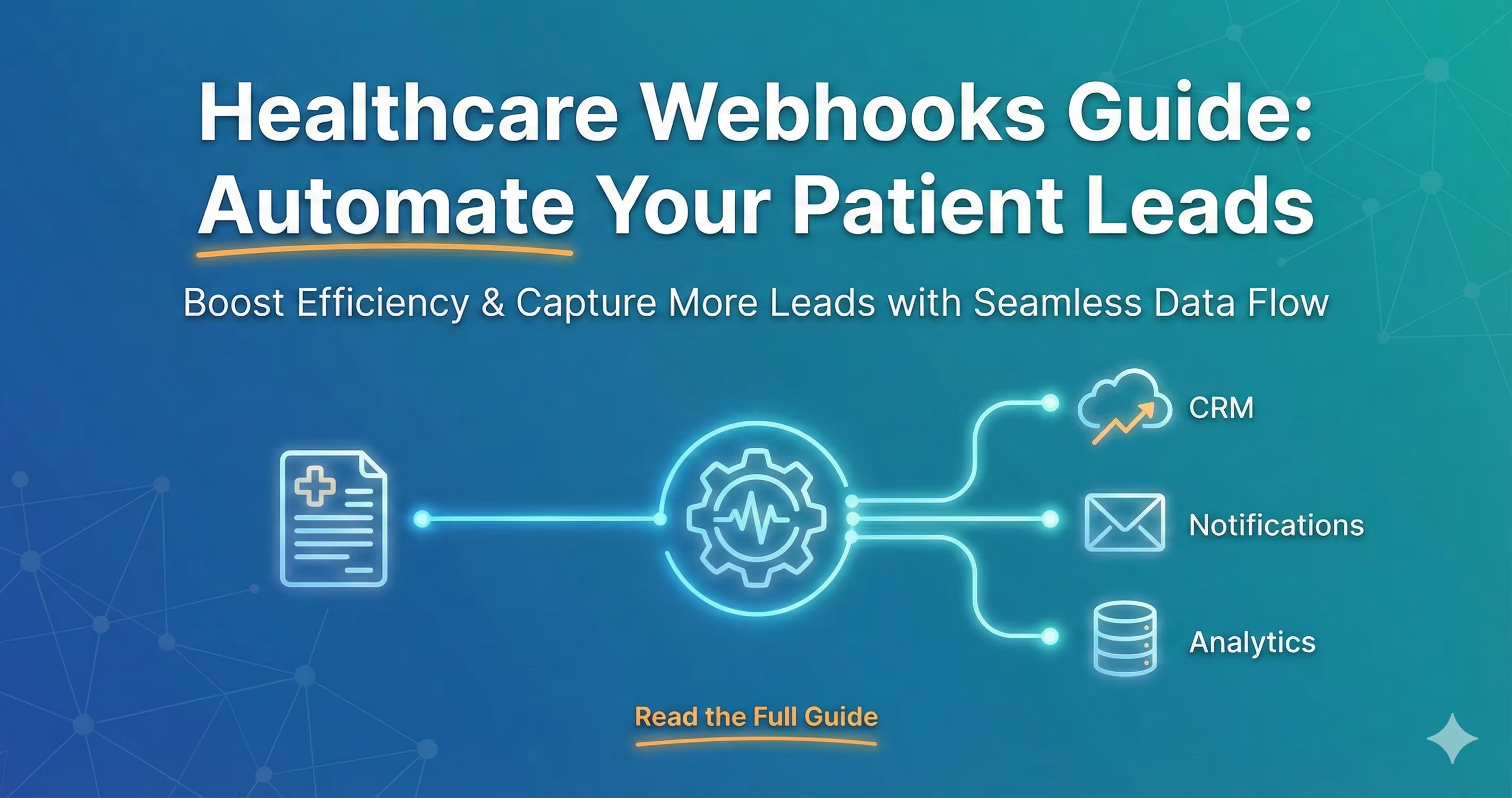Read more Articles
Keep up to date with medspa marketing strategies.

If your business is finally at the point where you’re ready to invest in advertising, congratulations! Most businesses never make it this far. Whether you’re in growth mode or looking to create a more predictable client pipeline, reaching the stage where you can spend on marketing is a milestone worth celebrating.
Still, you might feel like you're almost where you want to be. You’ve got the momentum, the clientele, maybe even a few referrals rolling in, but you know more is possible. And like any logical business owner, you start looking at marketing.
You want more clients, more phone calls, more booked jobs but when you try to set it up yourself, PPC feels like this confusing web of acronyms and KPIs designed to make you hire someone.
We’ve been there.
This guide is your high-impact breakdown of how to run a profitable Orlando PPC campaign. We’ll cover everything from setting up your Google Ads account to structuring campaigns, building landing pages, and avoiding common mistakes that cost businesses thousands.
If this is your first time seeing us, hey, I’m Nathan. I’m the founder of Nexamed Marketing, a high-performance marketing agency based in Saint Cloud and Oviedo, Florida. Before launching Nexamed, I served as President of UCF’s student-run marketing agency and sat on the executive board of the American Marketing Association.
My journey into marketing started back in 2022 with an Instagram page that eventually generated over 1.1 billion views. I sold that account to start Nexamed with one goal: helping good businesses grow faster, smarter, and with less waste.
While we specialize in healthcare marketing, we’ve successfully run Orlando PPC campaigns for law firms, hospitality brands, construction companies, pool contractors, and medspas across the Orlando metro.
If you're looking for a local, 5-star rated team that actually understands the nuances of running high-converting PPC ads in Central Florida, we're it! Let’s build something together.
If you’re a business owner in Orlando, chances are you’ve heard the term “PPC” tossed around by agencies, gurus, or marketing YouTubers- and now you’re wondering whether you need it too.
Let’s simplify it.
PPC stands for Pay-Per-Click and it’s exactly what it sounds like. You only pay when someone clicks on your ad. That’s different from traditional advertising, where you’re often paying just for the exposure, regardless of whether someone takes action.
On platforms like Google Ads, the cost of each click is based on how competitive a keyword is. For example, if you run a medspa in Orlando and see that “botox clinic near me” costs $5 per click while just “botox clinic” costs $3, that’s because more businesses are bidding on the more specific, higher-converting “near me” version. This price is known as your CPC, or cost-per-click.
Here’s where most people get tripped up, not all PPC platforms work the same way.
The biggest difference between Google and Meta (Facebook & Instagram) comes down to intent.
When done right, PPC advertising lets you put your offer in front of the exact person who’s already looking for it. That’s why it’s one of the most effective tools for local lead generation in service-based industries like healthcare, law, HVAC, roofing, and medspas.
It’s not about blasting your brand to everyone, it’s about getting in front of buyers right when they’re searching. That’s the magic of PPC and what makes it so desirable for service based businesses.
PPC gives you instant visibility. You can launch a campaign today and show up on the first page of Google tomorrow. SEO (search engine optimization), on the other hand, is a long game. You’re working to earn organic rankings over time, but it takes months.
Here’s how we think about it:
Ideally, a smart Orlando marketing strategy uses both. PPC brings in quick leads while SEO builds your brand’s authority and organic presence over the long term.
SEO is the best option for long term growth but is typically very expensive and takes a long time. SEO may take 6 months to rank #1 but you stay #1 for a few months before someone else beats you. PPC is immediately #1 but the minute you stop paying, you are gone.
If you’re a business owner in Orlando wondering whether you actually need PPC, the short answer is: YES. Especially in 2025.
We get hundreds of calls every year from Orlando-area clinics, law firms, contractors, and medspas asking for help with lead generation. And here’s what we tell all of them: Orlando is one of the most competitive markets in Florida and it’s only getting tighter.
Now, we know what you might be thinking:
“Of course you’d say that. You run a marketing agency.”
Fair. But if you don’t trust us, let’s look at the facts.
A recent study showed that over 1,000 people are moving to Orlando every single week. Not just from out of state, but from other parts of Florida, especially South Florida.
And they’re not just moving here with families, they’re bringing their businesses too. That means more dentists, more realtors, more pool guys, more medspas, more personal injury firms, and more direct competitors showing up right in your zip code.
The result? You’re not just competing with your longtime local neighbor anymore, you’re competing with Miami money and Fort Lauderdale experience setting up shop next door and taking away your business.
This is happening right now as well. Medspas in Lake Nona are getting crushed by larger private equity backed giants and are scrambling to find a solution. Cosmetic surgeons are experiencing the heat of Miami based practices setting up shop down the road from their clinic. It's happening every day and can happen to you.
The upside? That flood of new residents means thousands of potential new customers are actively searching for services as you read this.
And although this is very basic reasoning, the only thing standing between you and that opportunity is visibility. If these new customers don’t see your business online, they won’t call you. They’ll call the guy who’s running ads.
Although an easy concept it's terribly overlooked. If you have been a business for over 10 years and are wondering why business hasn't been as good recently, by this point I can 100% say not doing PPC or SEO is the issue. Your competitors ARE doing it and eating up your customers.
Unlike SEO, which can take months to see results, PPC puts you at the top of Google instantly. Even above the #1 organic result.
This is especially important in industries like:
When someone types “best [your service] near me,” PPC gives you first dibs. Not next week. Not next quarter. Right now. And for many high ticket services that is what they need.
You can see the trend in businesses I listed, they are all high ticket wins where 10 good customers can cover their business expenses. That's where PPC really shines. Industries like hospitality, E commerce, or fast fun won’t expect the same level of return.
And it’s not just about clicks… it’s about the right clicks. PPC allows you to show up for commercial-intent keywords that signal someone is ready to take action. There are Navigational, Commercial, and Informational keywords you can target to hit people on every stage of their buying journey.
Want numbers?
When structured properly, a PPC campaign doesn’t feel like an expense, it becomes a predictable, scalable lead engine.
When deciding whether to run a Google Ads campaign or launch a Meta campaign, there’s one word you need to understand first: intent.
Because here’s the thing, advertising isn’t just about where your ad shows up. It’s about what the person on the other side of the screen is doing when they see it.
Let’s start with Meta (Facebook and Instagram).
When someone’s scrolling on social media, they’re not actively looking for a service. They’re checking in on friends, watching videos, and getting distracted by memes. So even if your ad pops up, it’s interrupting whatever they were doing. There’s no real “intent” behind it. That doesn’t mean it doesn’t work, it just means you’re reaching cold traffic. People who weren’t planning to buy anything today.
That’s why Meta charges you per thousand views (CPM). They’re selling you eyeballs. Whether or not those eyeballs care about Botox or roof repairs is a different story.
On the other hand, think about Google. When someone types “emergency AC repair Orlando” into a search bar, they’re not browsing. They’re looking for a solution right now. That’s why Google runs on a cost-per-click (CPC) model, because every click has intent behind it.
Yes, it’s more expensive. Sometimes a single click can cost $40, $60, even $100 depending on your industry. But that click could turn into a new client, a booked appointment, or a $10,000 case. That’s the difference.
Let’s say you run a roofing company. You could run Facebook ads that get shown to 1,000 people for $1, or you could run a Google PPC campaign where a single click costs you $60. A lot of business owners think, “Wow, $60 per click? That’s insane.” But here’s the reality, if that $60 click turns into a customer who needs a $12,000 roof, that’s a trade you’ll make all day long.
The real problem is when people expect Facebook to behave like Google or vice versa. They run the same ad on both platforms, get mediocre results, and blame the platform instead of the strategy.
The truth is, both Google Ads and Meta Ads can work beautifully when you understand how to use them.
Facebook and Instagram are incredible for brand awareness, retargeting, and promoting lower-ticket offers, especially when you’re looking to stay top-of-mind. But if you want leads today, if you want the phone ringing this week, Google PPC is the tool for that job.
Some of our clients use both, and that’s where the magic really happens. Google brings in high-intent leads, while Meta keeps your brand visible, builds trust, and brings people back when they’re ready to book.
Running Google Ads isn’t just about throwing a few keywords into a campaign and hoping leads roll in. If it were that easy, everyone would be printing money.
A high-performing PPC campaign, especially in a competitive market like Orlando, requires more than just ads. You need a real system behind the scenes: smart keyword targeting, proper structure, high-converting landing pages, and rock-solid tracking.
Let’s walk through the exact framework we use at Nexamed to build campaigns that actually drive leads, not just clicks.
Every great campaign starts with understanding what your ideal customer is actually searching for. This means identifying keywords that are not only relevant to your service, but also show intent to take action.
Let’s say you’re running a medspa in Lake Nona. A beginner might choose broad keywords like “skin treatment” or “microneedling.” But a smart campaign goes deeper, targeting transactional search terms like:
These keywords don’t just show curiosity, they show intent to book. That’s where the money is.
We also separate between:
Branded terms are usually cheaper, and non-branded terms cast a wider net. A good campaign typically targets both, but in separate ad groups or campaigns for cleaner data and better control.
The goal here isn’t to just get clicks. It’s to target the right searchers aka people who are ready to convert.
Think of your Google Ads account like a filing cabinet. If you throw everything in one drawer, you can’t find anything and you waste money fast.
That’s where campaign structure comes in.
Instead of running one big campaign with 100 keywords, you break things into tight ad groups that focus on a single service or offer. For example, a medspa might break it down like this:
This lets you tailor each ad’s message to the exact keyword and match that to the right landing page. It also improves something Google cares about deeply: Quality Score. A higher Quality Score = lower CPC and better ad placement.
Plus, it makes your reporting cleaner. You’ll know exactly which service is getting leads and where to scale.
One of the biggest mistakes we see is businesses sending PPC traffic to their homepage. That’s like walking someone into a crowded mall when they just asked for one specific product.
You need a dedicated landing page built to convert a cold lead into a booked appointment or consultation.
Here’s what we include in every landing page we build:
Think of the landing page like your closer. The ad gets their attention, but the landing page seals the deal. If you’re running ads without one, you’re leaking money.
If you’re not tracking what happens after someone clicks, you're flying blind and cannot make informed decisions on performance. You need to know not just who clicked, but who called, who booked, and who became a paying customer.
Here’s how we set up conversion tracking on a typical PPC campaign:
Even better: we use GCLID tracking to pass every click's data directly into the CRM. That means you’ll know exactly which keyword and ad generated that $2,000 client. It’s not just smart marketing, it’s essential optimization.
Whether you're a brand new medspa or a 30-year-old law firm trying to stay relevant, we can help you turn Google into your most reliable source of leads.
Click below to schedule your free strategy call. We'll take a look at your existing marketing (or help you build from scratch), and give you a real roadmap to get results.
Schedule Your Free PPC Strategy Call
You’ve outgrown "basic" marketing. Nexamed builds the advanced lead-gen infrastructure your med spa needs to capture high-ticket patients and scale without the manual mess.
Keep up to date with medspa marketing strategies.

